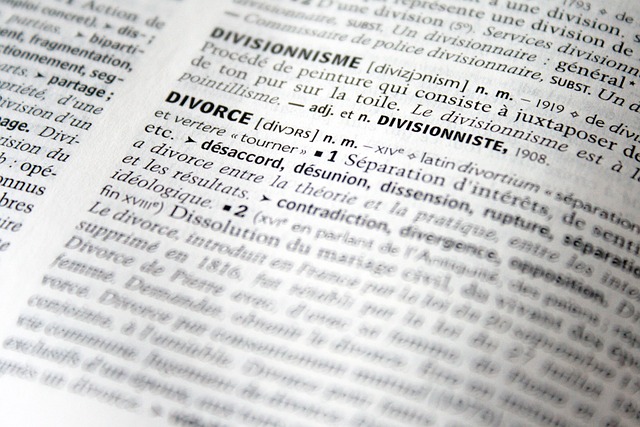Corporate Crime Investigations expose complex schemes where businesses exploit legal loopholes. Evidence gathering is hindered by sophisticated cover-up methods. Ethical considerations in plea bargaining agreements are vital to ensure justice, balancing guilty pleas with fairness and protecting rights. Strict adherence to ethical guidelines maintains the integrity of the justice system and holds companies accountable for their actions, as demonstrated by successful prosecutions nationwide, emphasizing transparency and genuine remorse.
Corporate Crime Investigations delve into complex schemes, posing significant challenges for law enforcement. This article explores crucial aspects of these inquiries, focusing on plea bargaining as a strategic tool and ethical considerations within agreements. We examine how plea deals balance justice with cooperation, while also delving into the complexities that arise from moral dilemmas. Understanding these dynamics is essential in safeguarding integrity during investigations, ensuring fair outcomes for all involved parties. Ethical considerations in plea bargaining agreements are paramount to maintaining the fairness of our legal system.
- Understanding Corporate Crime Investigations: Unraveling Complex Schemes
- The Role of Plea Bargaining: Balancing Justice and Cooperation
- Ethical Dilemmas in Plea Bargaining Agreements: Safeguarding Integrity
Understanding Corporate Crime Investigations: Unraveling Complex Schemes

Corporate Crime Investigations delve into complex schemes where businesses or individuals orchestrate illicit activities. These investigations require a meticulous unravelling of intricate financial transactions, corporate structures, and legal loopholes often exploited for personal gain. The challenges lie in gathering substantial evidence that can withstand scrutiny, especially when culprits employ sophisticated methods to cover their tracks.
Ethical considerations, such as those surrounding plea bargaining agreements, play a pivotal role in these investigations. Plea bargains, though a common legal strategy, must be approached with caution to ensure justice is served. An unprecedented track record of successful prosecutions bolsters the integrity of the process, demonstrating the ability to navigate the labyrinthine complexities of corporate crime and hold respective businesses accountable for their actions.
The Role of Plea Bargaining: Balancing Justice and Cooperation

Plea bargaining plays a complex role in corporate crime investigations, balancing the pursuit of justice with the need for cooperation from individuals and organizations involved in illicit activities. This strategic negotiation process allows prosecutors to secure guilty pleas from accused parties in exchange for reduced sentences or charges. However, it also raises significant ethical considerations in plea bargaining agreements.
The challenge lies in ensuring that these agreements do not undermine the integrity of the justice system by encouraging false confessions or compromising the ability to win challenging defense verdicts across the country. Ethical guidelines must be strictly adhered to, focusing on transparency, fairness, and protection of both the accused’s rights and the public interest. This delicate balance is crucial for maintaining the respect and trust that underpin effective corporate crime investigations.
Ethical Dilemmas in Plea Bargaining Agreements: Safeguarding Integrity

In corporate crime investigations, ethical dilemmas often arise when considering plea bargaining agreements. These agreements, while a common practice in criminal justice, present complex moral and legal challenges. The primary concern revolves around ethical considerations in plea bargaining agreements, ensuring that the process maintains the integrity of the justice system. Striking a balance between encouraging guilty pleas to streamline legal procedures and upholding fairness is a delicate task.
One critical aspect is preventing potential harm to victims and the public interest. Plea bargains must not become a loophole for corporate offenders, allowing them to avoid substantial penalties or responsible accountability. An unprecedented track record of successful prosecutions, achieved across the country, emphasizes the need for robust ethical frameworks. These agreements should promote transparency, encourage genuine remorse, and ensure that companies are held accountable for their actions, leaving no room for manipulation or unfair advantages.
Corporate crime investigations require a delicate balance between uncovering complex schemes and ensuring justice. Plea bargaining plays a pivotal role, offering a path towards cooperation and resolution. However, ethical considerations in plea bargaining agreements are paramount to safeguard integrity and maintain the fairness of the legal process. By understanding these dynamics, investigators can navigate challenging scenarios, striking a balance that upholds the principles of justice while fostering cooperative relationships. Ethical awareness is essential for effective corporate crime investigations, ensuring outcomes that reflect both accountability and proportionality.






